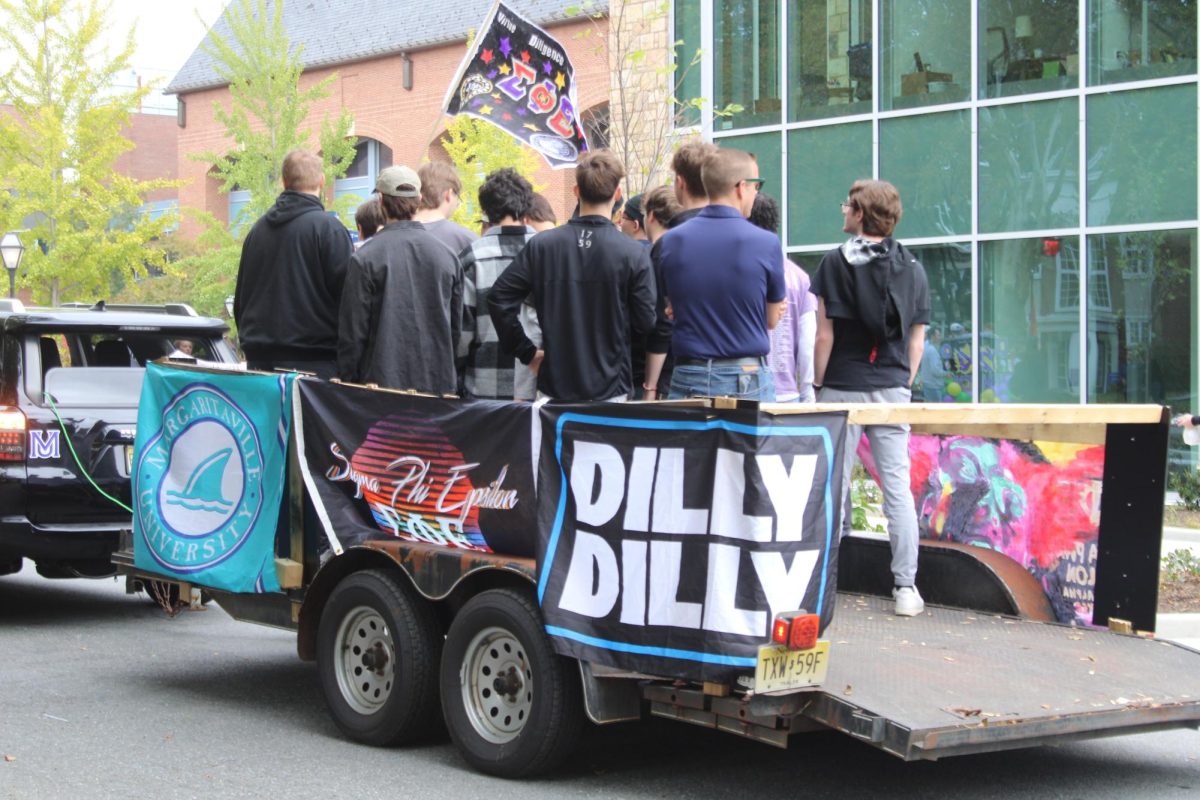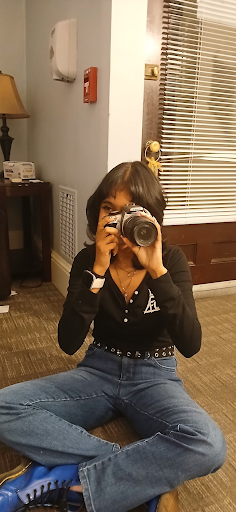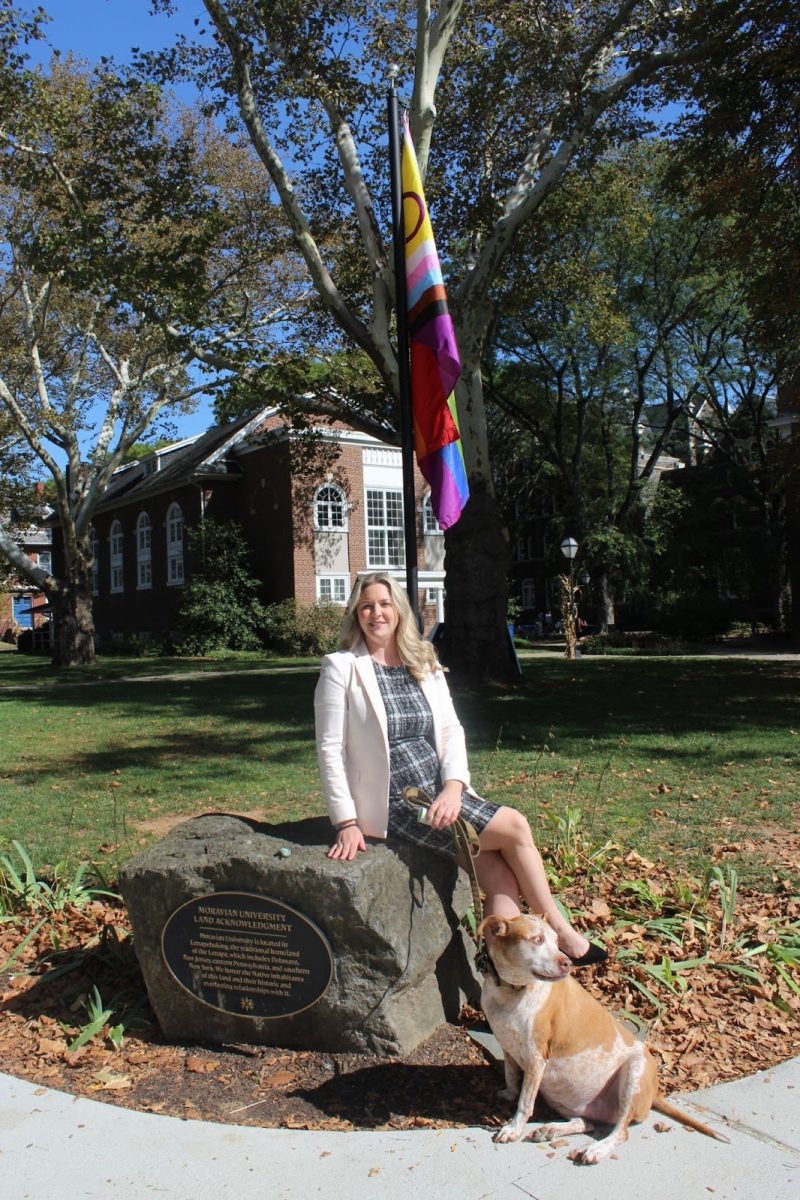
Environmentalism is hard. It’s tiring having to be responsible for saving the planet every single day. Reduce, reuse, recycle. Use reusable period products. Use beeswax wraps instead of plastic Ziplock bags. Consume less. Cook at home. The list goes on and on.
Why am I expected to implement all of these thought-consuming behaviors into my life when about 50% of all single-use plastic is produced by 20 companies? One hundred companies are responsible for 71% of all global emissions.
How is that my fault?
The argument can be made that I could buy products from companies that are not contributing to these massive amounts of waste and pollution. But, logistically speaking, that means I would have to spend more money that I don’t have, spend more time that I don’t have researching ethically sourced products, and more of my energy that I don’t have for a problem I didn’t create and cannot solve.
Even if I continue practicing these environmentally-friendly behaviors, what good is it really doing if these large companies are producing more waste than I could even dream of? Are my efforts really worth anything at all?
These feelings of being overwhelmed come during the small moments. When I am rushing out the door for class in the morning, it is so much easier to shove my sandwich into a Ziploc bag than it is to get a beeswax wrap, warm it up in my hands, then wrap my sandwich, then put it in my bag, and run out the door. If I were to do this, the wrap would come back to bite me in the ass. When I get home, I have to remember to take it out of my backpack, wash it, leave it to dry overnight, and repeat the process all over again. Wouldn’t it be so much easier to just throw a Ziploc away after I’ve finished eating my food?
Isn’t it easier to, after working a twelve-hour shift, come home, order DoorDash, and watch my favorite show instead of standing over my stove cooking something fresh?
Isn’t it easier to buy a new shirt when my other one gets a hole, instead of dedicating time to learning the art of using a thread and needle? What if I prick myself in the process?
And isn’t it easier to just buy the new clothes that I see and like, get a nice dopamine hit when I check out, rather than thinking about all the other pieces of clothing shoved into my closet? Let alone think about where I will put my brand new shirt when my closet is already so full?
Yes. It is easier. So why do I still bother taking the path of more personal resistance? Because it isn’t just personal. It isn’t just about me. The world doesn’t revolve around me, and I can’t let myself think it does. I can’t do everything, and that’s fine. But I can do what I can do. I can do my best every day to build sustainable practices that will benefit my future kids and other generations. I won’t force the DoorDash driver to create extra carbon emissions to deliver my food. I won’t shove another shirt into the landfill or buy another article of fast-fashion clothing that will rot in the back of my closet.
Otherwise, I try not to think about it. It’s hard, and it’s sad, and thinking too long about the impacts of climate change makes me feel hopeless. I keep myself engaged on a surface level, and I know enough to keep myself motivated to continue my sustainable behaviors. I take the time to educate those around me about conservation practices, but at the end of the day, I do all that I can as an individual. Nothing more, nothing less.







